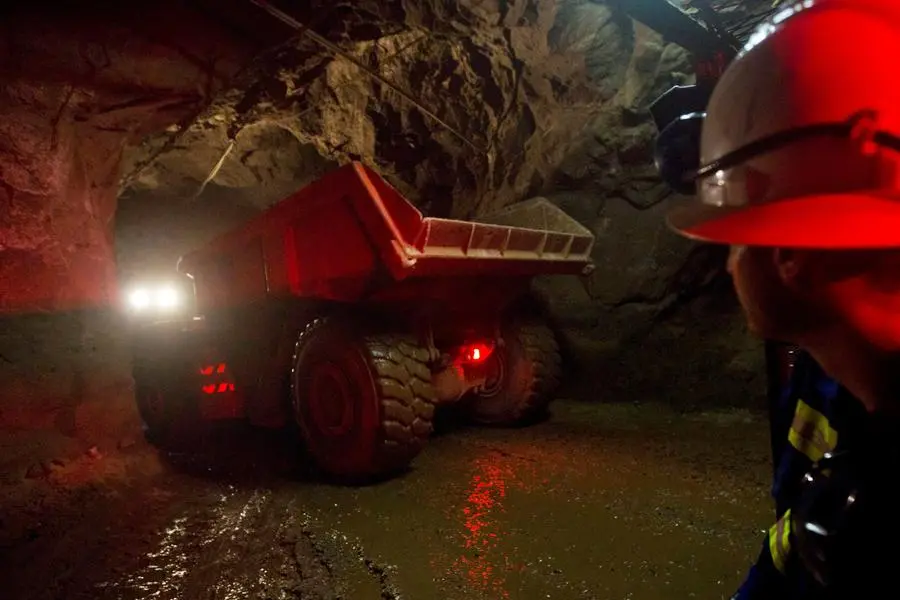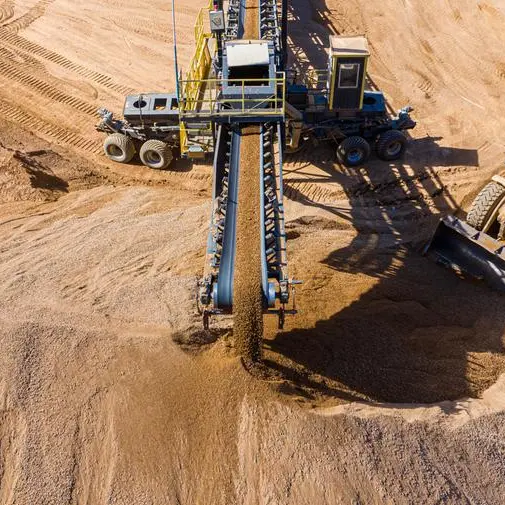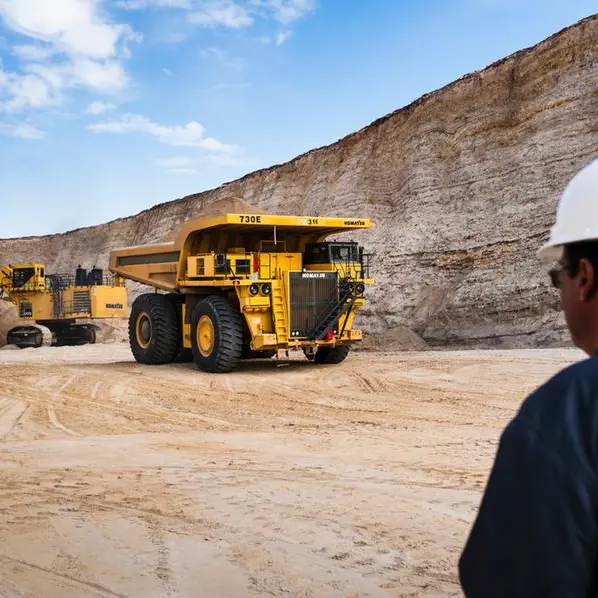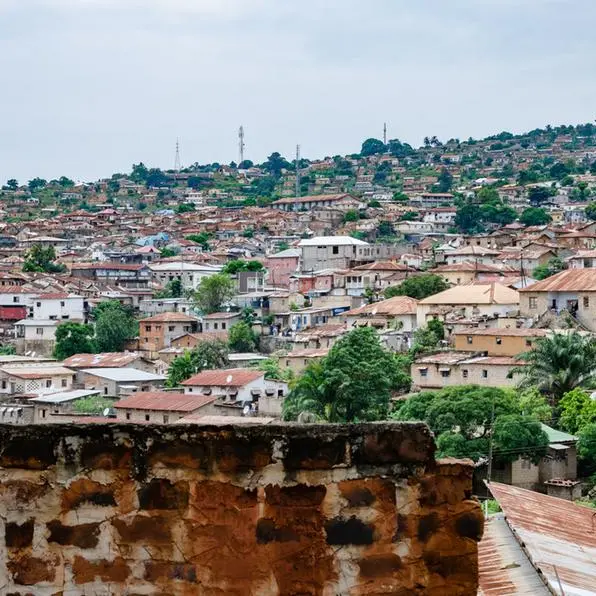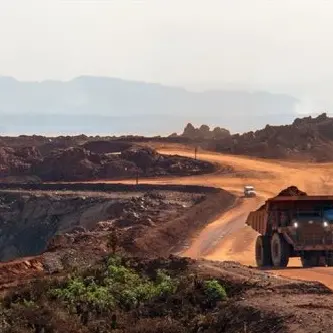PHOTO
(Headline and story text corrected to reflect that Parliament is yet to approve the two bills)
Zambia is working on two mining reform bills that will be signed into law by its President once approved by the parliament after a muti-stakeholder consultative process, a senior government official said.
The Mining Regulations Commission Bill and Geological and the Minerals Development Bill will replace the existing Mines and Minerals Development Act of 2015 and are central to southern African country’s strategy to increase annual copper production nearly four-fold from the current 800,000 metric tonnes to 3 million metric tonnes by 2031.
Chaanza Chifwepa, Principal Exploration Geologist, Ministry of Mines and Minerals Development said the reforms aim to increase transparency, attract investment, and strengthen compliance within the sector.
“The Mining Regulations Commission Bill will regulate the sector and provide visibility for compliance and investment protection, while the Geological and Minerals Development Bill addresses policy aspects,” he explained at The Mining Show in Dubai on Tuesday.
An Investment Promotion Department, which will be formally created once the Ministry is restructured, will work with a Special Purpose Vehicle (SPV) established by the Ministry to facilitate public-private partnerships (PPPs) for mining projects, starting from the exploration stage.
“We want to see the transformation of our economy where the government has a participatory role but one that also protects the interests of the investors,” Chifwepa said.
Certain areas have been restricted for government investment and with potential partners under the PPP model.
“We're trying to do away with speculative holding of licenses. If there's any that has been non-compliant we either cancel and reserve those good looking areas that we can market through a bidding process,” he explained.
Last month, Bloomberg had reported that more than 40 permits for critical minerals reserved by the ministry will be transferred to SPV, which will then negotiate agreements with partners.
Chifwepa also stated that the Zambian government has initiated a Country-wide High Resolution Aerial Geophysical Survey (CHRAGS) that it will spend about $100 million to complete. The survey, which began in July 2023, is expected to be completed by 2026, and aims to attract private investors and expedite the timeline for discovering and mining new resources.
(Reporting by Anoop Menon; Editing by SA Kader)
Subscribe to our Projects' PULSE newsletter that brings you trustworthy news, updates and insights on project activities, developments, and partnerships across sectors in the Middle East and Africa.
